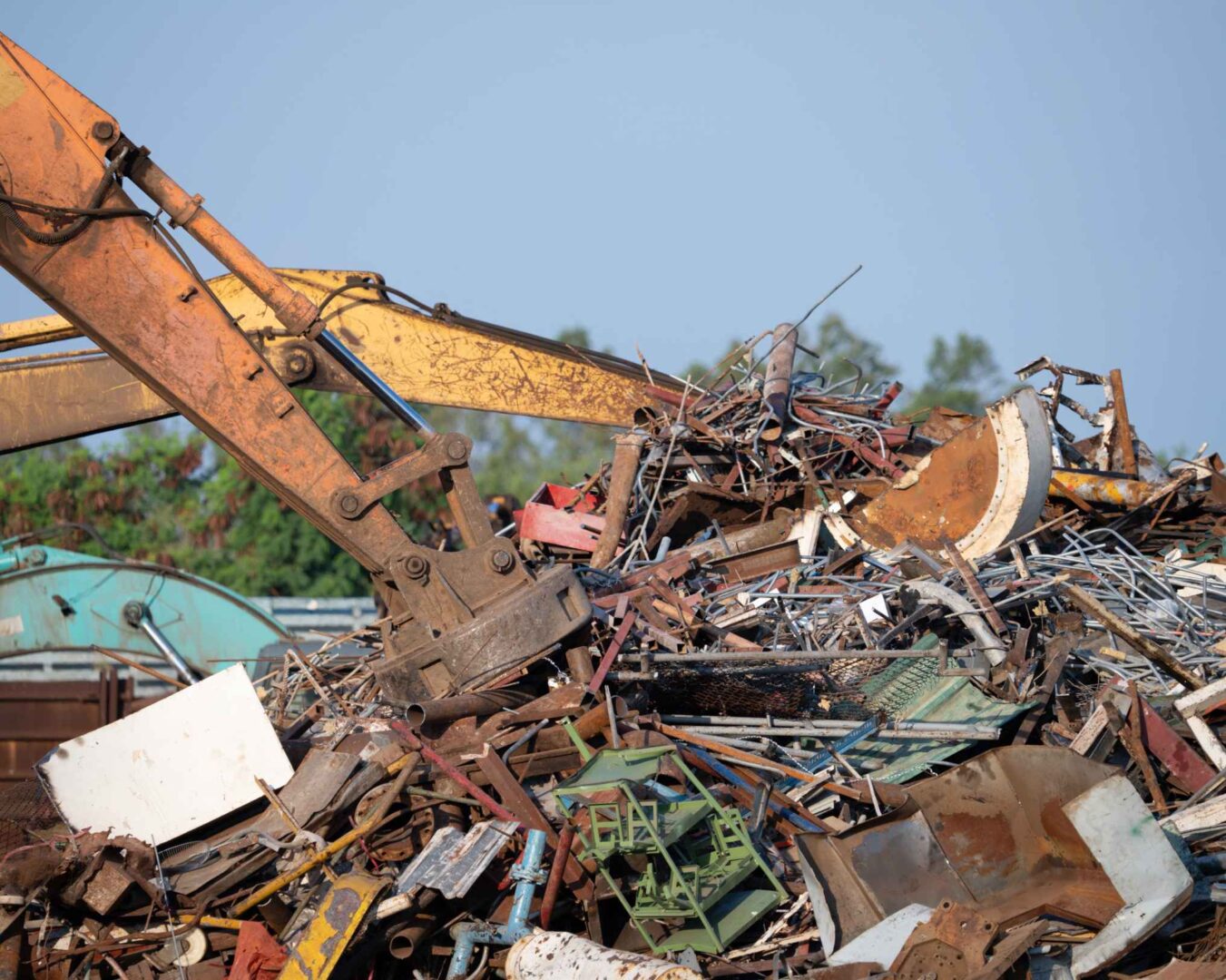Table of Contents
Who Does SB 1383 Apply To?
You might wonder, who exactly does this ground-breaking legislation, SB 1383, apply to? Understanding this is the first step towards efficient waste management and reducing climate change impacts.
It applies to a broad spectrum of entities including individuals, businesses, and governmental organizations. Here’s the comprehensive list:
- Households: All residential households are required to separate their organic waste for appropriate recycling and disposal methods.
- Businesses: Commercial businesses, including retail stores, restaurants, hotels, offices, and many others, must follow SB 1383 guidelines for organic waste management.
- Jurisdictions: Cities, counties, or special districts that provide solid waste collection services are obliged to provide organic waste collection services.
- Schools and Universities: Educational institutions play a significant role in implementing SB 1383, by reducing their organic waste and promoting awareness amongst students.
Key Entities under SB 1383 Regulation
As broad as the scope of SB 1383 is, it pays particular attention to some key entities. These are the primary contributors to organic waste, and therefore, their role is vital in successful waste reduction.
Retail Food Suppliers
Businesses like grocery stores, supermarkets, food retailers, wholesale food vendors, and distribution centers are required to donate their maximum edible food that otherwise would go to waste. They are obliged to make written agreements with local food recovery organizations and keep detailed records of their donations.
Hospitality Sector
The hospitality sector, including hotels, motels, and other lodging establishments, generates substantial organic waste. It requires these businesses to participate actively in organic waste recycling programs and donate their surplus edible food.
Addressing the Elephant in the Room: Why Organic Waste?
Before we go further, it’s essential to grasp the ‘why’ behind this legislation. Organic waste, primarily food and yard waste, makes up over half of California’s waste stream.
- Methane Production: Decomposing organic matter releases methane, a greenhouse gas that’s over 25 times more potent than carbon dioxide in terms of heat-trapping capability.
- Wasted Resources: Organic waste represents a significant waste of resources, both in terms of the energy and water used in production.
- Food Insecurity: With the rescued edible food, we can bridge the hunger gap for millions in need, ensuring that good food doesn’t just end up in a landfill.
Understanding SB 1383 Exemptions
Although SB 1383 encompasses a vast number of entities, there are certain exceptions. Some jurisdictions or businesses may qualify for a waiver or exemption under specific conditions. Here are the most common SB 1383 exemptions:
- Rural Exemption: Jurisdictions identified as rural by the Department of Resources Recycling and Recovery (CalRecycle) are exempt from the regulations.
- Low Population Waiver: A jurisdiction with a low population density in an unincorporated area may qualify for a waiver.
- High Elevation Exemption: Jurisdictions located at high elevations are exempt from mandatory collection during months when the ground is typically covered by snow.
These exemptions are not permanent and need to be reviewed periodically. If the circumstances change, the jurisdiction might lose its exempt status.
Benefits SB 1383 That Extend Beyond Waste Management
The impact of the bill isn’t limited to just reducing waste; its effects reverberate through various aspects of Californian life.
- Economic Stimulus: By recycling organic waste, new job avenues open up in the recycling and composting sectors.
- Soil Health: Compost derived from organic waste is a boon for agricultural fields, enriching the soil and reducing the need for chemical fertilizers.
- Water Conservation: Healthy soil can retain more water, leading to lesser irrigation needs and consequently conserving our water resources.
The Vital Role of Food Recovery Organizations In SB 1383 Implementation
Food recovery organizations play a significant role in SB 1383 implementation. They partner with commercial edible food generators to rescue surplus food and distribute it to those in need.
However, these organizations also have to follow certain SB 1383 guidelines:
- Maintain written records of the amount and types of food received
- Ensure the safety and quality of the donated food
- Adhere to food recovery service agreements with commercial food donors
Wrapping Up
In short, understanding who SB 1383 applies to and the possible exemptions is pivotal for its effective implementation. As a Californian, it is crucial to comprehend the roles and responsibilities assigned by SB 1383 and work towards a greener future. Remember, your effort counts in the bigger picture of combating climate change.




